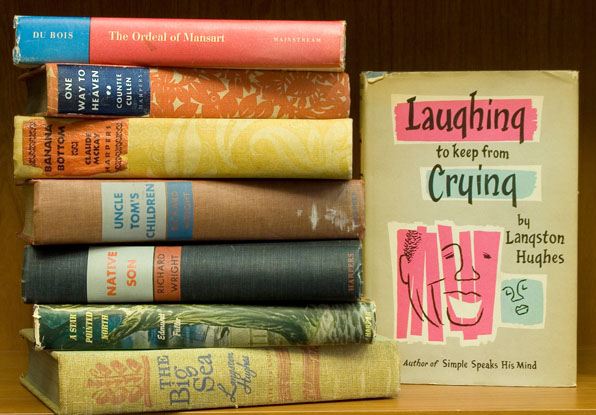To change the world, first you must understand it. The interdisciplinary field of Black Studies focuses on the work, history, and experiences of African-descended people—a global majority whose diverse perspectives and contributions have long been underrepresented. Whether you take one course or pursue a minor, you will gain insight into Black history and culture in the United States, Africa, and throughout the African diaspora in all parts of the world.

“It is important for students to understand that contemporary Black America is not an ethnic monolith because that awareness has the potential to increase social cohesion, build interethnic solidarity, and foster an historical consciousness. Ethnic diversity within the Black American demographic increased dramatically after 1965. Africana studies courses can not only teach students how and why that demographic shift happened, but also help them understand the enriching impact it continues to have on American literature and culture.”
Trent Masiki
Director of the Black Studies Program and Assistant Professor of English
Read a Q and A with Professor Masiki to learn more about what's next for the Black Studies program.




 Visit Us
Visit Us Request Info
Request Info Apply
Apply

